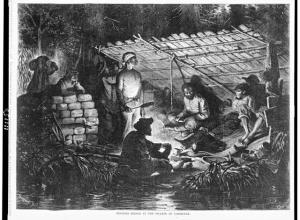Digital Health Social Justice Toolkit
Though digital health–the use of apps, text-messaging, and online interventions– can help people lead healthier lives, its rapid growth can also increase health inequities. Unequal representation or exclusion of groups, security and privacy vulnerabilities, and power imbalances in design and ownership are examples of ethical and social issues that currently receive scarce attention. Digital health social justice is: the equal opportunity for everyone to have access to, use, and benefit from digital health interventions.
We are developing a Digital Health Social Justice Toolkit to provide guidelines, case studies and resources for the design, testing and evaluation of digital health applications from a social justice perspective. We provide a framework with five key questions to guide researchers wishing to conduct digital health for social justice. We include additional resources that can be used to explore the questions outlined by the framework in more depth. The full toolkit wil be posted here once published.
Who is this toolkit for?
Researchers, students, and organizations who want to study, develop or disseminate mobile health interventions, and/or use mobile health data to maximize social good.
How to use this toolkit
The toolkit includes five topics with key questions for designing or evaluating a digital health research study. These questions can help to formulate current or future research questions, to determine populations to study, and to evaluate results.
Methods
To develop this toolkit, we held a total of six unique discussions and brainstorming sessions with researchers, students, and community partners from September 2020 to April 2021. We then sent out the key questions to experts in digital health, data science, social justice, and education, from March to May 2021. We also conducted an informal literature review in PubMed and Google scholar.
Who are we?
We are D-Lab researchers, data scientists, clinicians, and community members funded by a University of California, Berkeley Changemaker Technology Grant. Through our vast experiences, disciplines, and backgrounds we were brought together by the common goal to give researchers, technology providers, and (community) health organizations the tools to design digital health for social justice.

